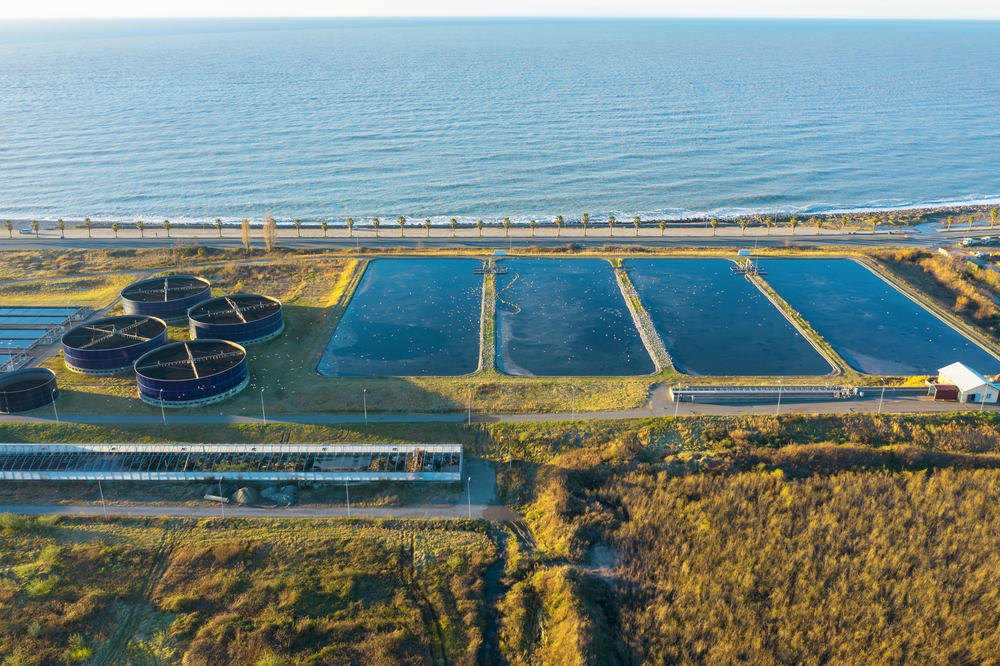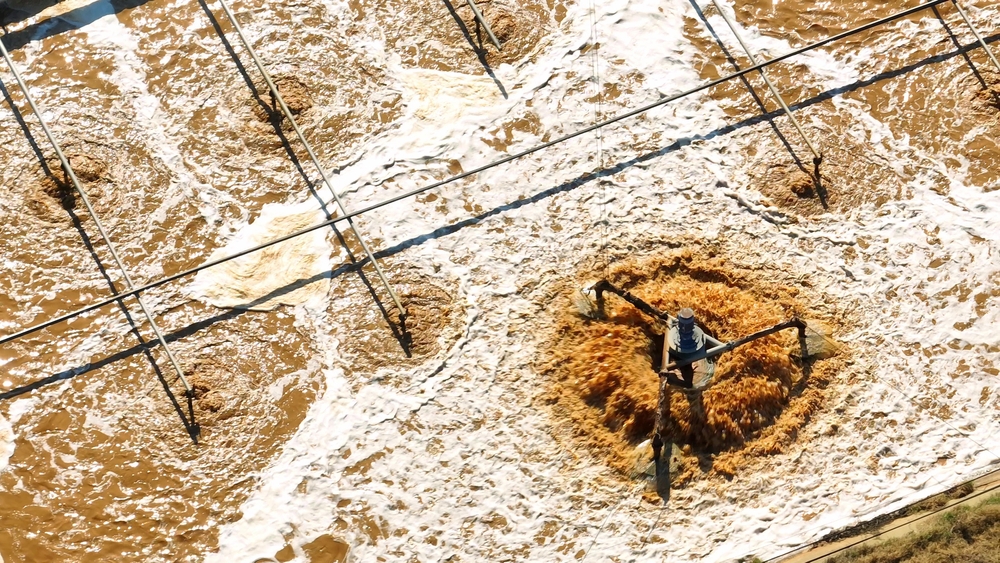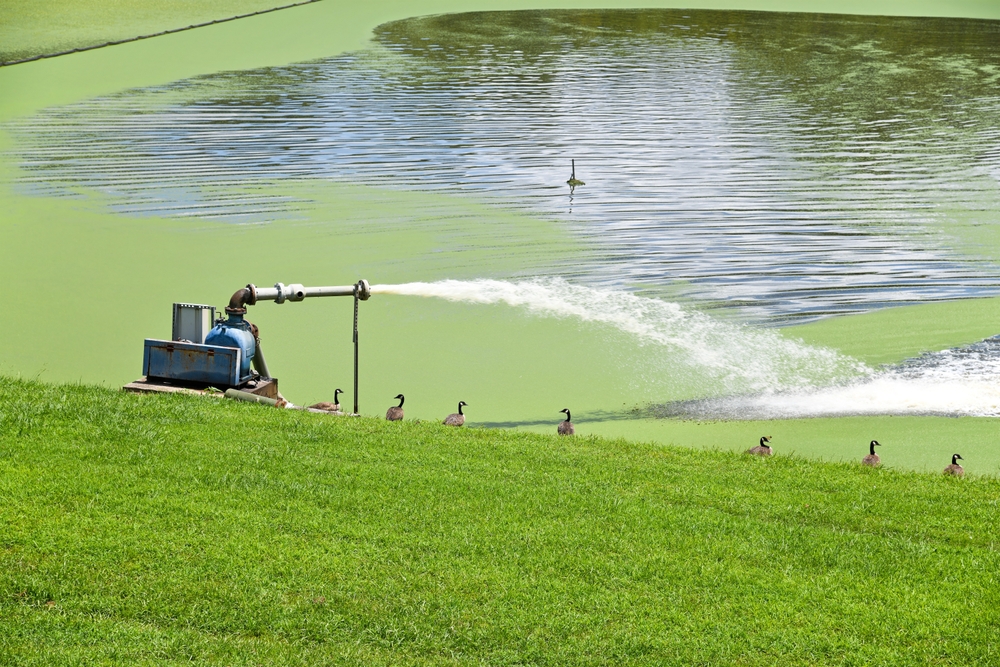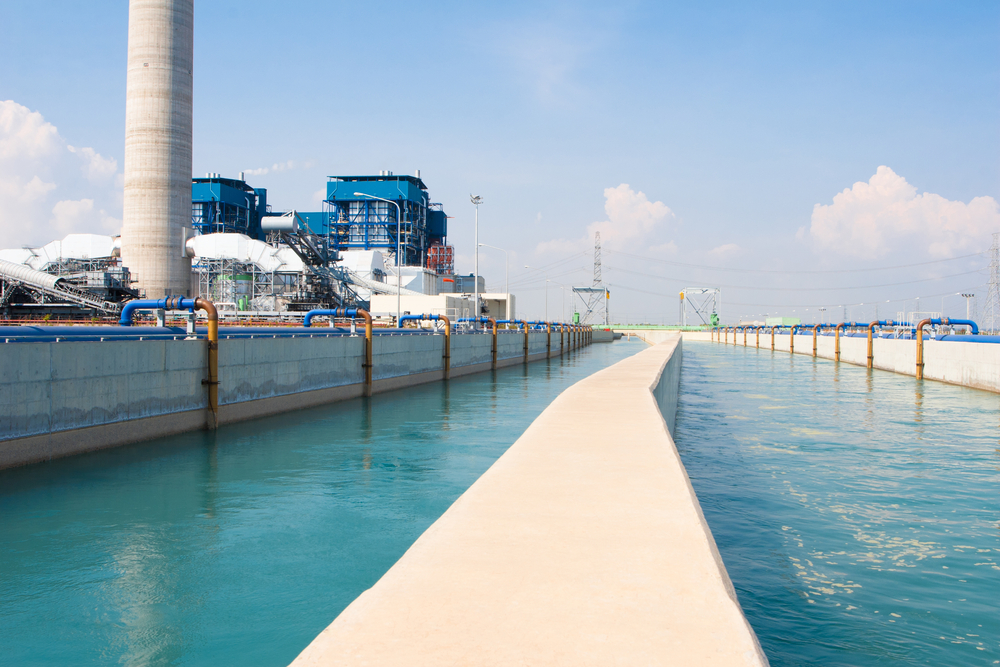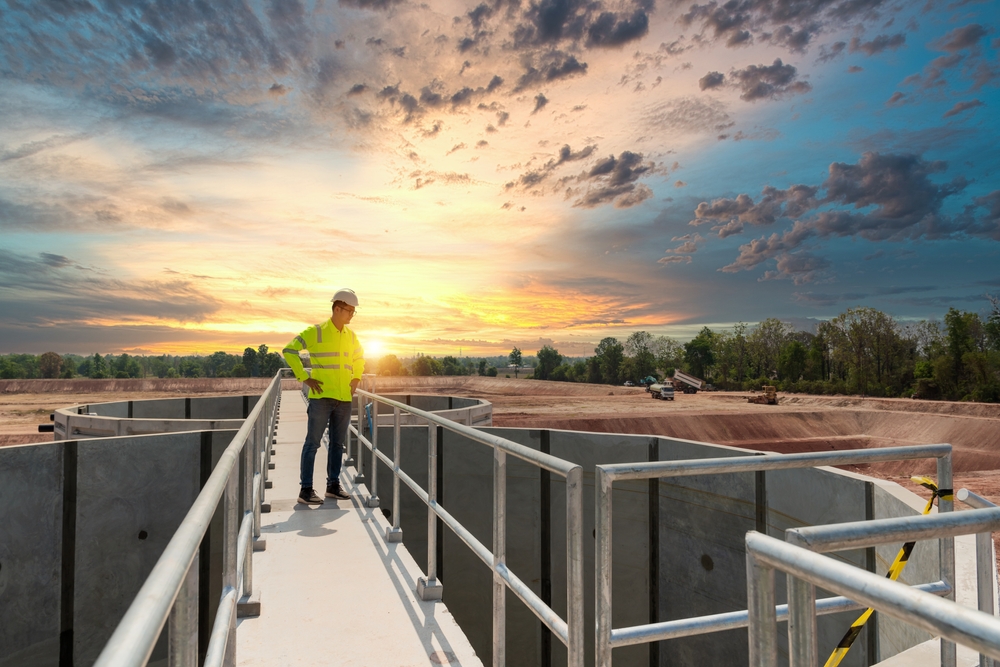Introduction
The Water and Wastewater Treatment course focuses on core strategies in water and sanitation management. This course is designed for a wide range of professionals, incorporating basic principles, modern developments, and prevailing practices in water and waste management.
Through participation in this course, learners will gain insightful knowledge and skills to address the challenges of water and wastewater management. This course is essential for environmental engineers, water quality specialists, wastewater operators, public health experts, administrators, and others, providing them with the information needed to contribute to sustainable water management.
Throughout the course, participants will study Asset Management systems to ensure the smooth operation and maintenance of water and wastewater facilities and stormwater systems. They will also explore various methods and strategies for conducting inspections and audits that support legal and operational compliance, along with project management practices for planning, implementation, and completion of facility projects.
The course covers GHG offset and energy recovery mechanisms with the goal of enhancing water treatment processes and reducing energy consumption. The success and sustainability of Water and Wastewater Systems (WSS) projects depend heavily on managing stakeholder interfaces and fostering effective communication, collaboration, and community engagement.
Objectives
After completing this Water and Wastewater Treatment course, participants will:
- Demonstrate familiarity with the basic concepts of water and wastewater treatment technology.
- Research common methodologies used in the construction of water and wastewater treatment plants.
- Adopt appropriate methodologies for improving operational and maintenance management of treatment plants.
- Understand the complexity of water quality standards and the associated laws and regulations.
- Acquire the skills to assess and measure water quality indicators.
- Understand the relationship between water quality, public health, and the environment.
- Gain awareness of current issues and technological advances in water treatment.
- Relate academic theories to practical perspectives through case studies and hands-on exercises.
- Support multidisciplinary activities in the water sector.
- Prepare for certification exams from recognized bodies in water and wastewater treatment, where applicable.
- Understand the role of Asset Management systems in improving the operation and maintenance of water and wastewater assets.
- Comprehend facility management through detailed inspection and audit methods, ensuring regulatory compliance and optimal functioning of facilities.
- Learn about project planning, implementation, and completion concepts related to water and wastewater projects.
- Investigate GHG offset and energy recovery measures to enhance sustainability and reduce environmental impacts in water and wastewater treatment operations.
- Identify the relationship between water and wastewater entities, management, and stakeholders, emphasizing the importance of communication, collaboration, and stakeholder engagement for success and sustainability.
Training Methodology
- Group discussions
- Laboratory practical classes
- Excursions
- Simulations
- Workshops with experts
- Situational tasks
Course Outline
Unit 1: Basic Concepts of Water and Wastewater Treatment
- The hydrological cycle and the necessity of water treatment
- Sources of different types of water pollutants
- Overview of tasks in primary, secondary, and tertiary treatment
- Aggregating and transporting sewage
- Compliance issues and their impact on water treatment processes
Unit 2: Physical and Chemical Treatment Processes
- Research on physical treatment methods such as sedimentation, filtration, and clarification
- Chemical treatment methods: coagulation, flocculation, and disinfection
- Application of advanced oxidation techniques in water treatment
- Real-world applications of physical and chemical treatment methods
- Practical classes on treatment process engineering and water quality evaluation
Unit 3: Biological Treatment Processes
- Aerobic and anaerobic processes in biological treatment
- Technology of activated sludge systems, trickling filters, and sequence batch reactors
- Microbial communities and their role in bioremediation of contaminants
- Features of biological treatment systems at pretreatment plants
- Lab classes and visits to sites implementing biological treatment technologies
Unit 4: Water Pollution Monitoring & Analysis
- Key water quality parameters and their significance
- Sample collection and water quality assessment methods
- Laboratory methods for analyzing water contaminants
- Data on water quality and threat identification
- Practical training on water quality evaluation and monitoring plan formulation
Unit 5: Implementing Sustainable Perspectives in Water Treatment
- Measures for ensuring sustainability in water management
- Water reuse and resource recovery projects
- Evaluation of sustainable technologies and green remediations
- Case studies on sustainable solutions in wastewater treatment plants
- Collaborative activities on constructing green water treatment plants
Unit 6: Water/Wastewater Infrastructure Asset Management Applications/Systems
- Introduction to Asset Management in water and wastewater treatment
- Asset Management practices in operating water and wastewater plants
- Overview of Asset Management systems and technology applications
- Strategies for implementing Asset Management in water and wastewater facilities
- Building and managing Asset Management programs: Basic principles
- Analysis of Asset Management implementation procedures in various industries
- Challenges and tools in Asset Management for water and wastewater treatment
- Prospective developments and technical advances in Asset Management software tools
Unit 7: Strategies for Inspecting and Auditing Water and Wastewater Treatment Facilities
- Fundamentals of inspecting and auditing water and wastewater treatment facilities
- Importance of regular inspections and audits in facility management
- Types of inspections and audits in water and wastewater facilities
- Development of inspection and audit action plans
- Use of technology in organizing inspection and audit processes
- Licenses and governing laws in water and wastewater facilities
- Recommended approaches for conducting examinations and audits in water and wastewater operations
- Case study on successful management through inspection and audit
- Ongoing development of inspection and audit techniques and methods
Unit 8: Project Management in Water and Wastewater Treatment Facilities
- Basic principles of project management in water and wastewater treatment
- Project planning and initiation for modernization and facility expansion
- Time and cost-saving planning and budgeting for water and wastewater projects
- Strategies for project delivery and performance
- Managed and regulated phases of project lifecycles
- Risk assessment in water and wastewater projects
- Encouraging stakeholder resources and communication in project management
- Practical applications of project management in water and wastewater projects
Unit 9: Greenhouse Gas Offset and Energy Recovery
- Determining greenhouse gases in water and wastewater treatment
- Greenhouse gas offset approaches in water and wastewater facilities
- Techniques for energy recovery during treatment processes
- Mitigation of greenhouse gases in water and wastewater treatment
- Best practices for energy efficiency and reduction of greenhouse gases in facilities
- Business aspects of energy recovery and GHG emissions offset
- Examples of effective GHG emissions offset and energy recovery strategies in treatment facilities
Unit 10: Interdependency of Water-Wastewater Facilities and Stakeholders
- Overview of stakeholders involved in water and waste treatment processes
- Roles and interests of different stakeholders
- Stakeholder mobilization and communication models
- Collaboration and partnership engagement with stakeholders
- Management of stakeholder concerns and feedback in facilities
- Stakeholder relations in terms of compliance and participation
- Approaches to enhancing community support and public relations activities in water and wastewater operations
- Case studies on building strong relationships with stakeholders in treatment facilities

